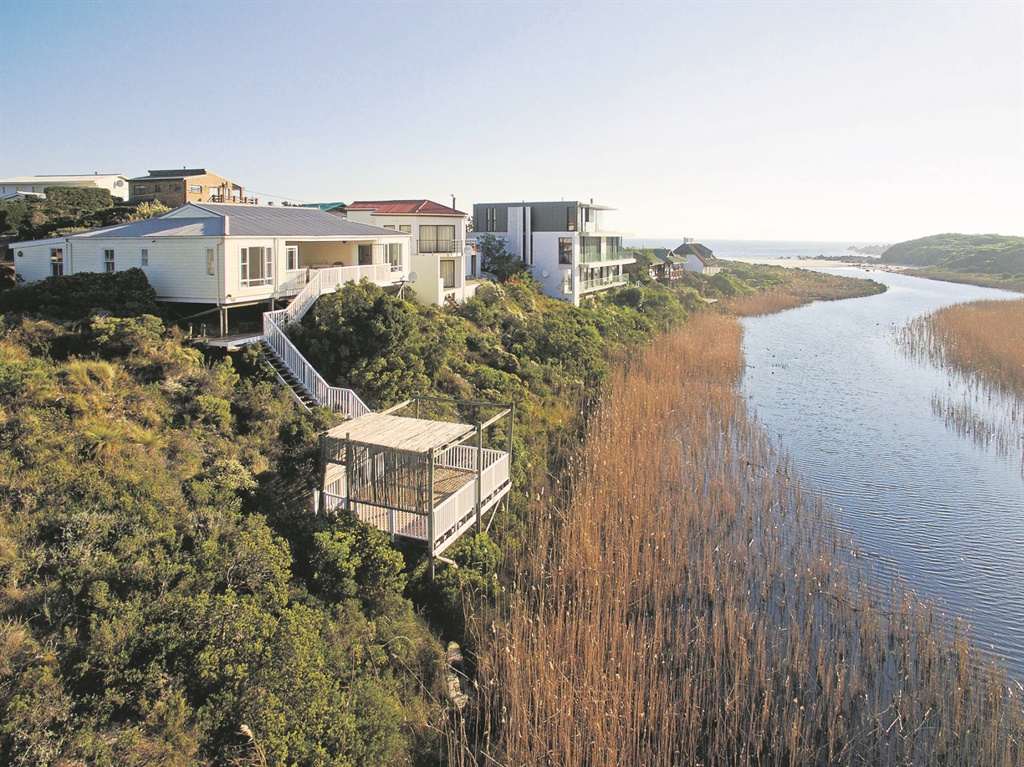
If you're a South African with the surname Retief and you watched television scenes of the catastrophic earthquake and tsunami in Indonesia last week, chances are that you looked at the faces of some of your distant relatives.
This is true of many South Africans, many of them slightly darker of skin than the average Retief. There are strong blood ties between South Africans and the people of the Indonesian islands.
But first the story of the Retiefs.
On 2 April 1694 a royal from Makassar on the island of Sulawesi, the island almost destroyed by last week's tsunami, arrived at the Cape on board the Dutch ship Voetboeg.
His name was Abidin Tadia Tjoessoep, but be became known as Sheikh Yusuf of Makassar. He wasn't a slave, but a political exile and one of the most prominent Islamic scholars and authors of his time. The Dutch colonisers banned him after he joined his father-in-law, the sultan of Sulawesi, in rising up against them.
The sheikh, his two wives, their children and twelve imams were received with great respect at the Cape by governor Willem Adriaan van der Stel – the sheikh was, after all, the most learned man at the Cape. The exiles were housed on the farm Zandvliet, between today's Khayelitsha and Strand, today known as Makassar. That was where Sheikh Yusuf founded the first Muslim community at the Cape where many other Indonesian exiles and later also Muslim slaves congregated.
Sheikh Yusuf is still famous in Indonesia, where he was declared a National Hero of the Republic. In 1997 then president Nelson Mandela and his Indonesian counterpart, General Suharto, visited Sheikh Yusuf's shrine at Makassar.
One of his daughters, Sitti Sarah Marouff, married another Indonesian royal, Abdul Basir, who was the Rajah of the island Tambora. Their son Ebrahim Adahan (he changed it to Abraham de Haan when he became a Christian) married Helena Valentynse, daughter of the former slaves Hercules Valentynse and Cecilia van Bengale. Their daughter Christina Alesia married Francois Johannes Retief and most Retiefs today are their decendants. (Helena later married Hendrik Kotze and their daughter Johanna Adriana is the materfamilias of most of today's Kotzes.)
Another important Indonesian Islamic scholar who was exiled to the Cape in 1780 was prince Abdullah Kadi Salaam of the island kingdom of Tidore. He was jailed on Robben Island for two years where he wrote two copies of the holy Quran from memory. He started the first madrassa (Muslim school) in the Cape and organised the first public Friday prayers in the Bo-Kaap, where his grave is still visited by many.
He was widely known as Tuan Guru (Mister Teacher) and it was at his school where the first Afrikaans was published in text books – in Arabic script. I was told Tuan Guru's grandson still lives in the Bo-Kaap.
An Indonesian slave, Leander van Boegies (he was a member of the Buginese tribe in Sulawesi), was the founder around 1730 of a colony of runaway slaves at the southeastern tip of False Bay, where Pringle Bay is today. The colony existed for about a century and researchers believe many of the inhabitants of neighbouring Kleinmond, Hawston and Fisherhaven are among their descendants.
Most of the Indonesian exiles and all the 60 000 slaves from the Indian subcontinent, Indonesia, Malaysia, Madagascar and Africa brought to the Cape left descendants on African soil and their DNA is in many of us.
For instance, my mother's first forebear at the Cape was Jacob Kruger, a German soldier who worked for the Dutch East India Company. He married Jannetje Kemp in 1718 – she was born in Cape Town's Slave Lodge in 1691, the daughter of Dorothea, a slave from Angola.
Actually, we South Africans are all "coloureds".
Disclaimer: News24 encourages freedom of speech and the expression of diverse views. The views of columnists published on News24 are therefore their own and do not necessarily represent the views of News24.




 Publications
Publications
 Partners
Partners






















